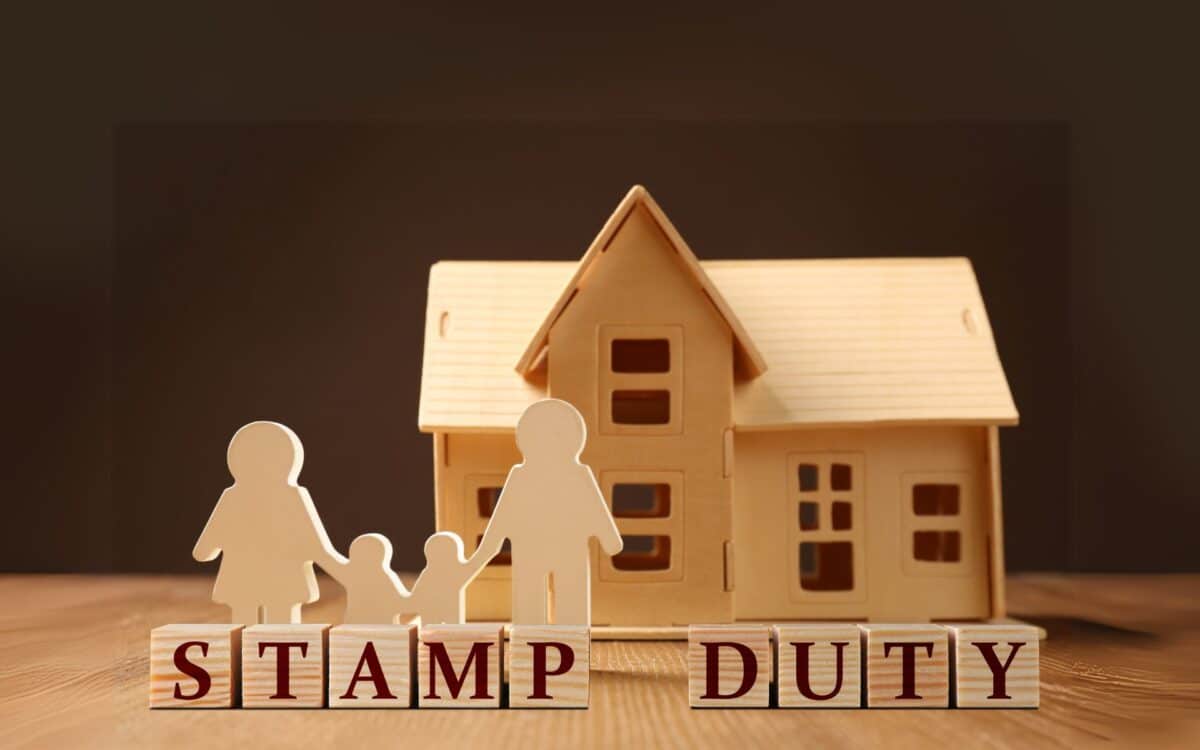Buying a first home is a dream for many, but the journey often comes with unexpected financial hurdles. Beyond deposits and mortgages, hidden costs and upcoming changes to stamp duty could leave first-time buyers facing significant surprises.
Hidden Costs Beyond Mortgage Deposits
First-time buyers often concentrate on saving for a deposit and securing a mortgage, but they may overlook additional costs. Speaking on his YouTube channel First Home Focus, Spencer detailed five key expenses that can inflate the total cost of buying a home:
- Mortgage fees: Typically range between £1,000 and £2,000, depending on the loan terms. These fees may be added to the mortgage balance, but still represent a significant upfront cost.
- Valuation fees: Lenders charge around £300 to confirm the property’s value aligns with the loan amount.
- Homebuyer surveys: For properties that aren’t newly built, surveys cost approximately £1,500, offering critical insights into the property’s condition.
- Legal fees and conveyancing: Expect to pay £1,000 plus VAT for legal processes such as title transfer and contracts.
- Removal costs: Moving large furniture and belongings can add another £1,000 or more, especially for sisable households.
Additionally, buildings insurance is mandatory for mortgaged properties, though its cost depends on the property type and location.
Changes to Stamp Duty in 2025
Stamp duty is another significant expense for buyers, applied to properties over a certain threshold. Currently, first-time buyers enjoy tax-free purchases on homes valued up to £425,000, provided the property costs less than £625,000.
However, beginning April 1, 2025, these thresholds will drop:
- General residential properties: The tax-free threshold will decrease from £250,000 to £125,000.
- First-time buyers: The exemption limit will fall from £425,000 to £300,000 for homes under £500,000.
This change means thousands of first-time buyers will face additional tax burdens. For example, a buyer purchasing a £400,000 home after April 2025 will pay £5,000 in stamp duty compared to no tax today.
Implications for First-Time Buyers
Spencer highlighted the importance of factoring these hidden costs and stamp duty changes into early budgeting. “Many first-time buyers are unaware of stamp duty costs before they apply for a mortgage,” he explained. “It’s crucial to account for this expense to avoid unexpected financial strain.”
The expert emphasized that while buyers tend to focus on mortgages and deposits, the additional expenses can be equally impactful. His advice: plan comprehensively, considering every cost from surveys to moving services.
Preparing for the Full Financial Picture
For first-time buyers navigating these challenges, Spencer’s YouTube channel, First Home Focus, provides essential resources. Topics include securing mortgages, negotiating deals, and planning for expenses like stamp duty and legal fees.
With the 2025 changes on the horizon, awareness and preparation take on greater importance. Buyers can mitigate surprises by consulting financial advisors and exploring cost-saving strategies early in their home-buying journey.









